Today, we’re diving into the ancient world with a countdown of the top 10 tabletop games inspired by ancient Rome and Egypt. From strategic empire-building to divine battles, these games bring history to your tabletop.
10 | Men-Nefer
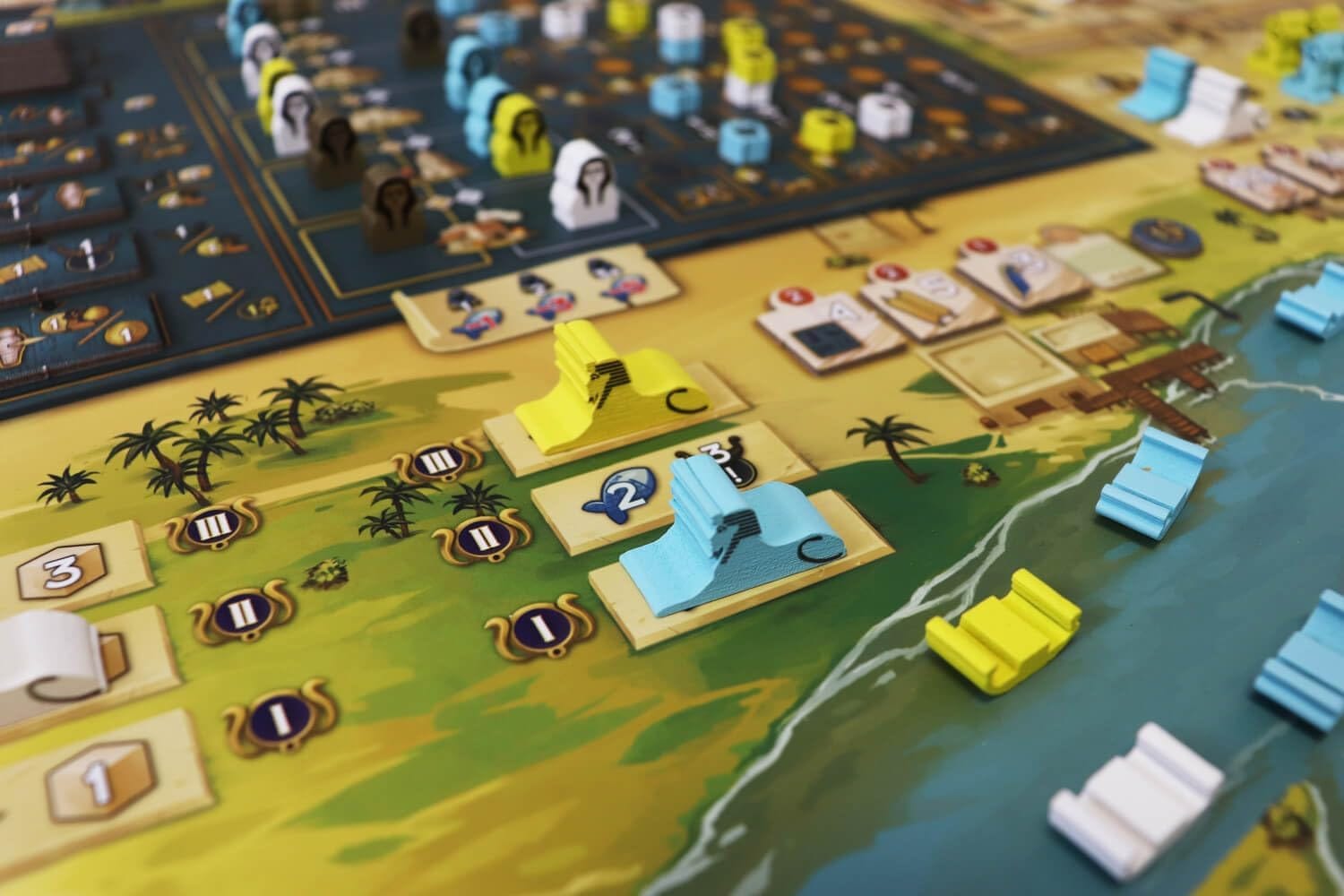
Step into ancient Egypt with Men-Nefer, a game that immerses players in the rich culture of the Nile. As leaders of Egyptian families, players engage in tasks such as advancing boats up the river to collect contracts, placing sphinx tokens for bonuses, and deploying sarcophagi meeples in tombs to trigger scoring bonuses. The game captures the essence of Egyptian society through its thematic elements.
Mechanically, Men-Nefer is a worker placement game with a unique recall mechanic and set collection elements. A game lasts three Eras, each split into three seasons (Flood, Sowing, Harvest) – nine scoring opportunities in all. Players strategically place and recall workers to maximize their actions and score points. The game challenges players to balance immediate gains with long-term strategies, reflecting the complexities of ancient Egyptian life.
9 | Mare Nostrum: Empires
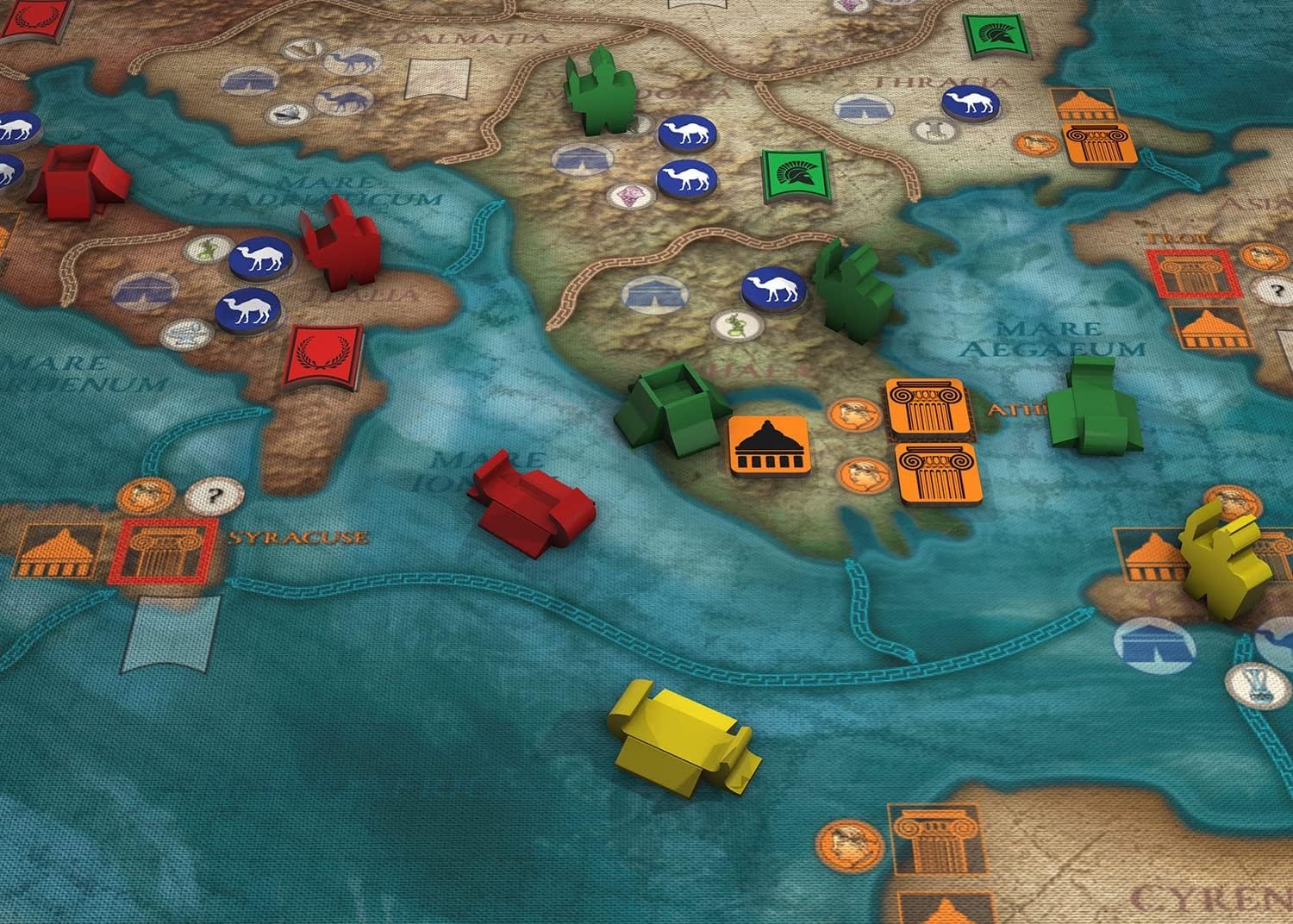
Mare Nostrum: Empires invites players to lead one of five ancient civilizations—Rome, Greece, Egypt, Babylon, or Carthage—in a quest for dominance around the Mediterranean. The game emphasizes cultural, military, and commercial expansion, allowing players to build cities, recruit heroes, and construct wonders. Its rich thematic elements bring the ancient world to life.
The core mechanics revolve around area control and resource management. Players collect resources, trade with others, and engage in battles to expand their influence. The game ends when a player achieves one of several victory conditions, such as building the pyramids or controlling key territories, making each playthrough dynamic and strategic.
8 | Amun-Re
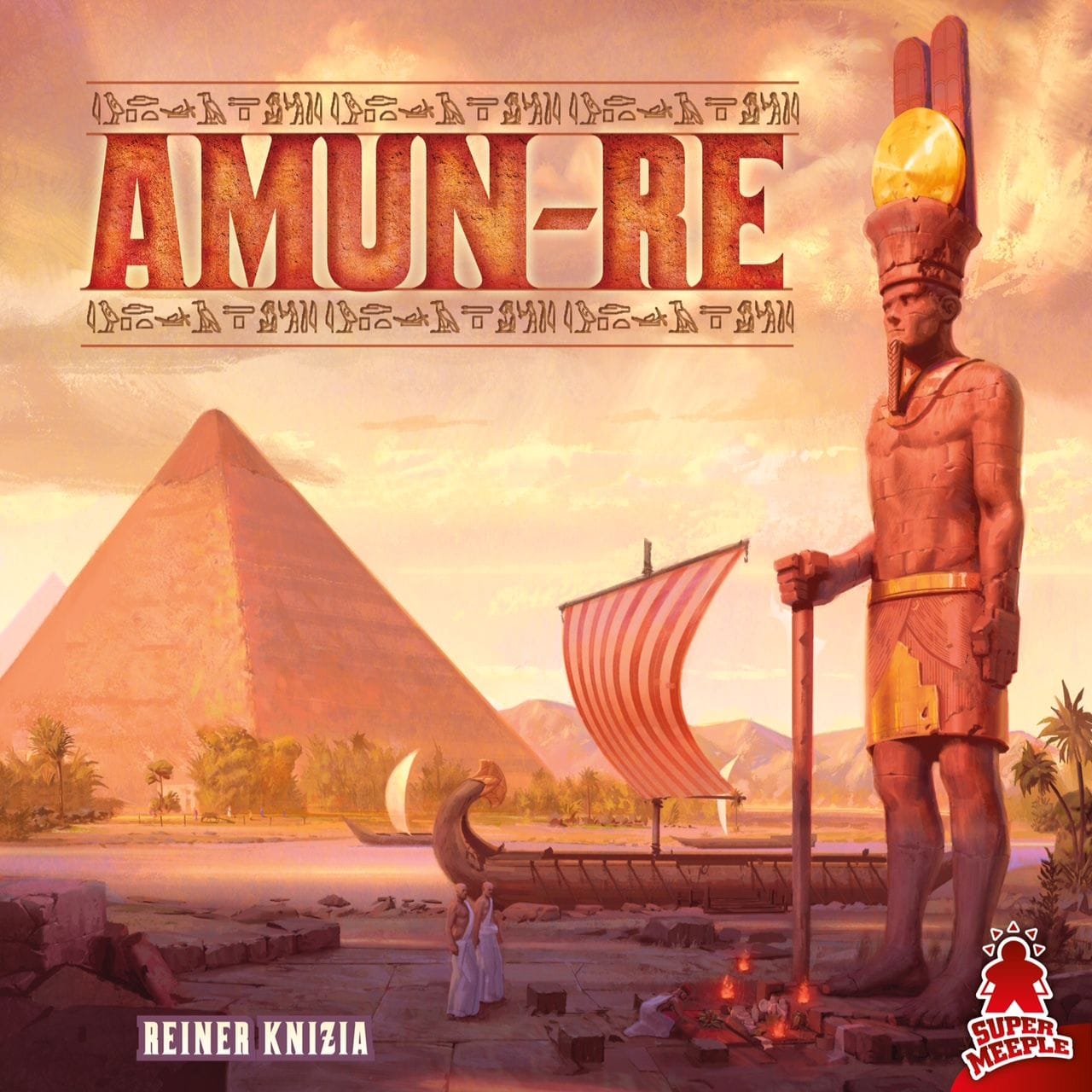
In Amun-Re, players take on the roles of pharaohs vying for control over provinces along the Nile. The game is set in two distinct eras, reflecting the Old and New Kingdoms of Egypt, and challenges players to build pyramids, manage resources, and appease the gods. Its thematic depth offers a glimpse into the cyclical nature of Egyptian dynasties.
The game employs auction mechanics for acquiring provinces and resource management for building pyramids and farming. Players must balance their expenditures with the need to invest in their provinces, all while anticipating the actions of their rivals. The dual-era structure adds a layer of complexity, as players must adapt their strategies to changing circumstances.
7 | Spartacus: A Game of Blood and Treachery
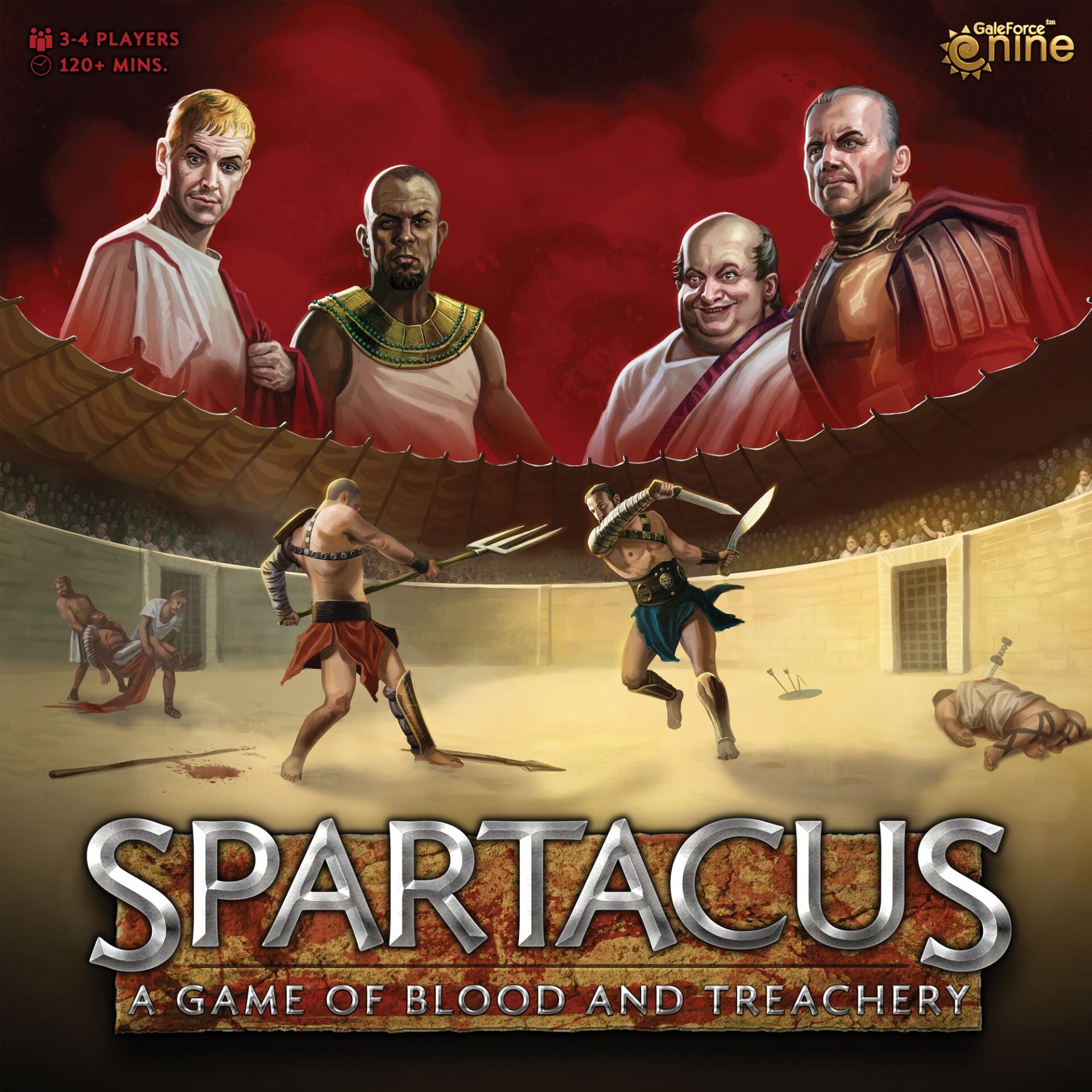
Spartacus plunges players into the brutal world of ancient Rome’s gladiatorial arenas and political intrigue. As Dominus of a noble house, players engage in schemes, betrayals, and battles to rise in influence and power. The game’s thematic elements capture the cutthroat nature of Roman society.
Mechanically, the game combines bidding, negotiation, and combat. Players bid on gladiators and equipment, negotiate alliances, and pit their champions against each other in the arena. The interplay of politics and combat creates a dynamic experience where fortunes can change rapidly based on cunning and strategy.
6 | Pandemic: Fall of Rome
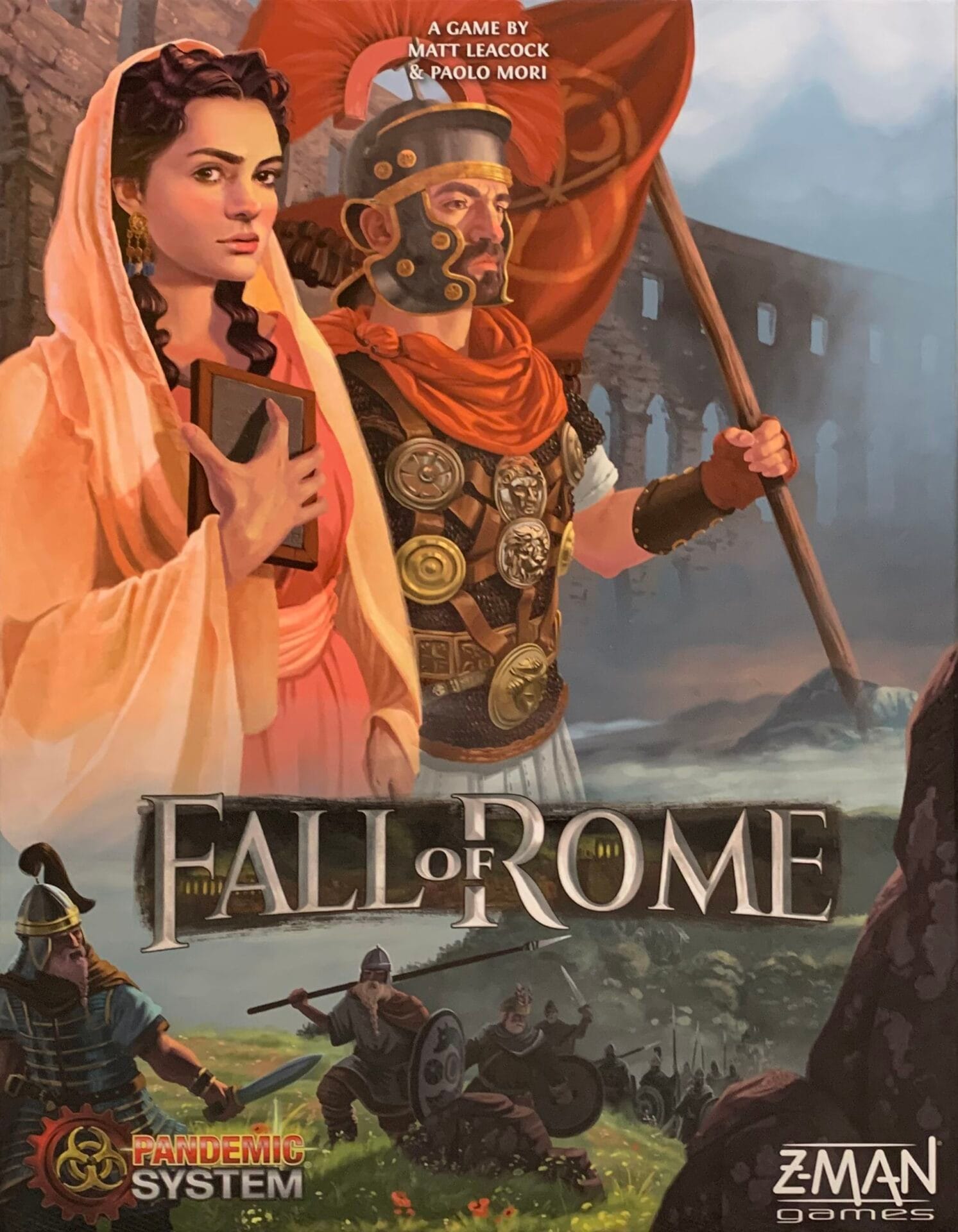
Pandemic: Fall of Rome reimagines the classic cooperative game by placing players in the declining Roman Empire. As Roman officials, players must defend the empire against invading barbarian tribes, forge alliances, and maintain order. The game’s theme highlights the challenges faced by Rome in its final days.
The game retains the core mechanics of the original Pandemic, such as action points and card management, but introduces new elements like recruiting legions and fortifying cities. Players must work together to prevent the fall of Rome, balancing military actions with diplomatic efforts to secure the empire’s future.
5 | Kemet: Blood and Sand
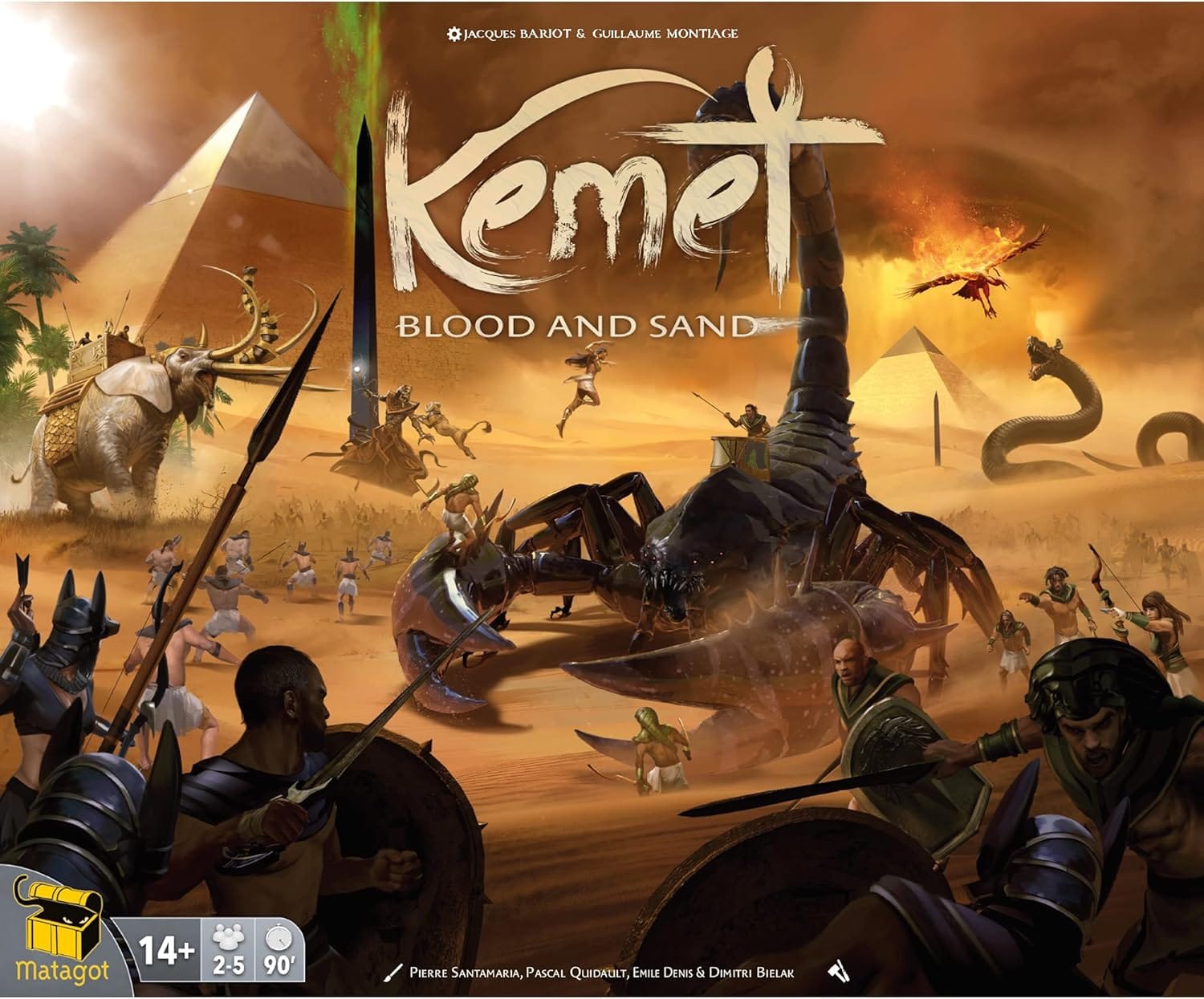
In Kemet: Blood and Sand, players assume the roles of Egyptian gods leading their followers to dominance. The game is set in a mythological version of ancient Egypt, where deities wield immense power and command mythical creatures. Its thematic focus on divine warfare sets it apart from other games in the genre.
The game features area control mechanics, with players battling for control of temples and territories. A unique aspect is the power tile system, allowing players to customize their abilities and strategies. The fast-paced combat and strategic depth make each game a thrilling contest of divine might.
4 | Ankh: Gods of Egypt
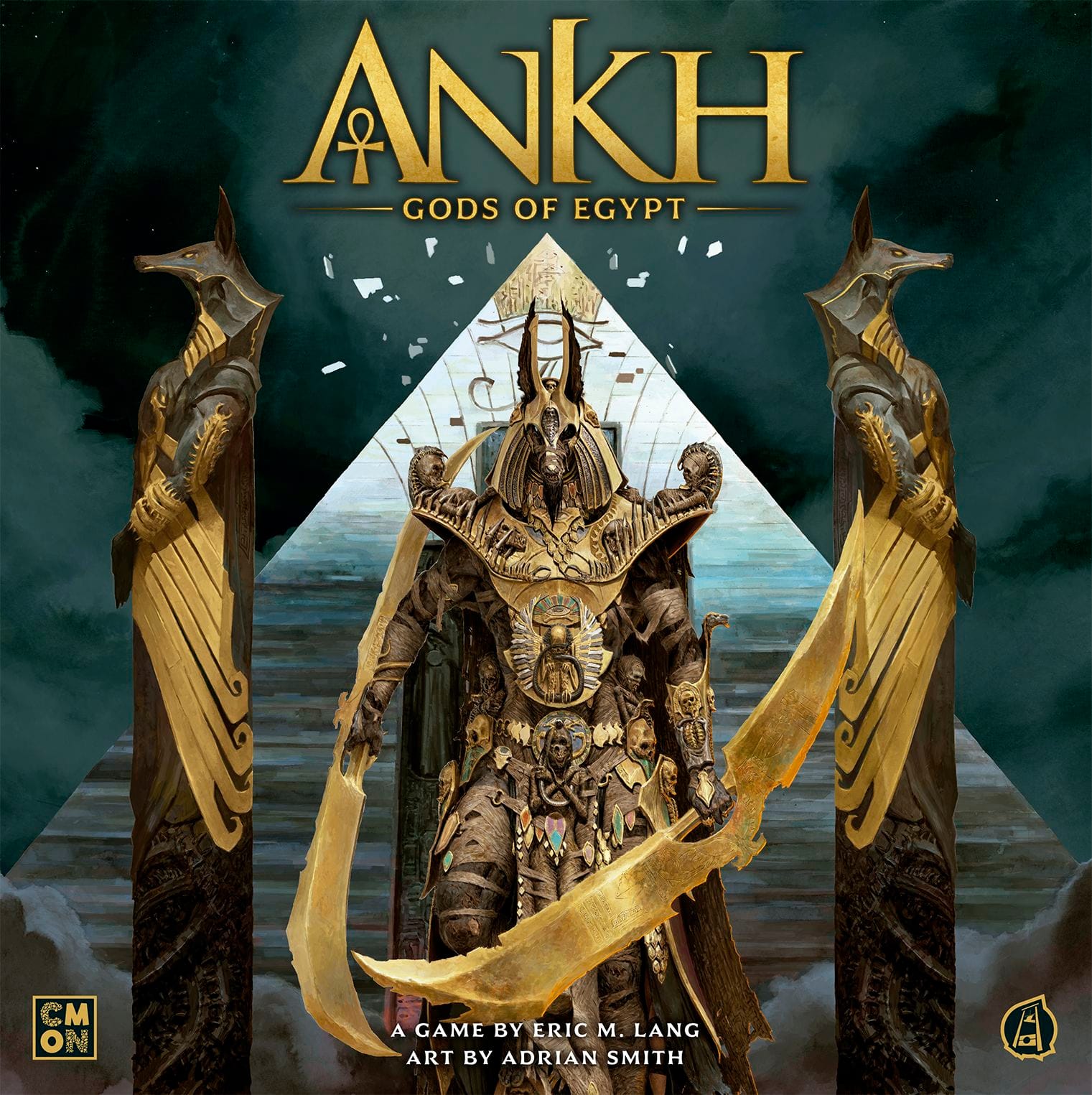
Ankh: Gods of Egypt immerses players in the twilight of the Egyptian gods, as they vie for survival in a world moving towards monotheism. Players embody deities seeking to maintain their influence and followers in a changing society. The game’s theme explores the decline of polytheism in ancient Egypt.
The game employs area control and action selection mechanics, with players building monuments, summoning creatures, and converting followers. A notable feature is the merging of gods, where trailing players combine forces, adding a strategic twist. The game’s mechanics and theme intertwine to create a compelling narrative of divine struggle.
3 | Hadrian's Wall
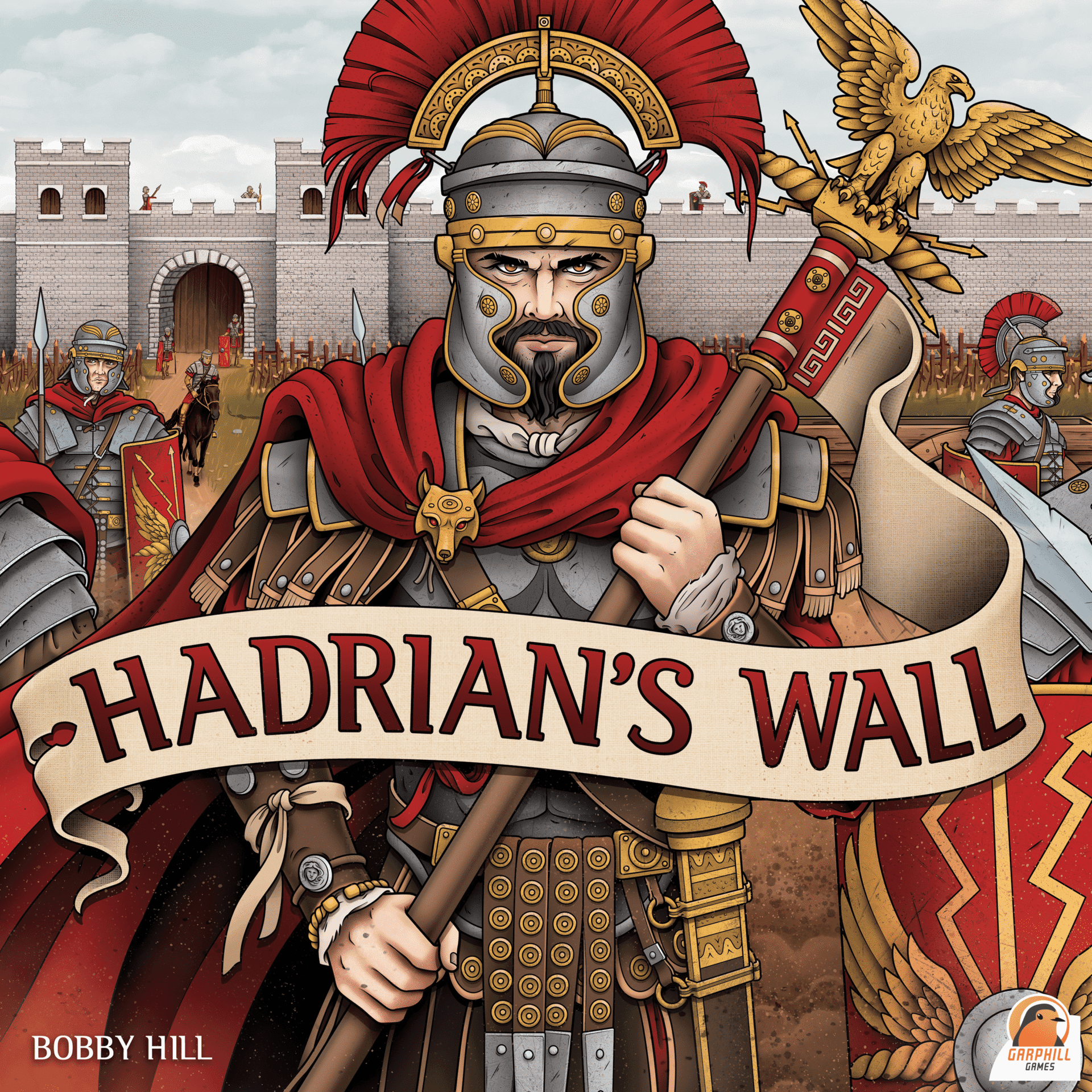
Hadrian’s Wall places players in the role of Roman generals tasked with building and defending the famed wall in Britain. The game captures the challenges of frontier life, from managing resources to repelling invasions. Its theme offers a detailed look at Roman military and civic planning.
The game is a flip-and-write, where players use cards to determine resources and actions each round. They must allocate workers to various tasks, such as constructing buildings, training soldiers, and entertaining citizens. The interconnected systems require careful planning, reflecting the complexities of Roman administration.
2 | Concordia Venus

Concordia Venus expands upon the original Concordia by introducing team play, allowing pairs of players to collaborate in building trade networks across the Roman Empire. The game emphasizes harmony and coordination, aligning with the goddess Venus’s attributes.
Mechanically, the game retains the card-driven actions and resource management of its predecessor but adds layers of cooperation. Teams must synchronize their strategies, coordinating card plays and joint scoring while each partner keeps their own goods and money to outmaneuver rival teams. This cooperative element adds depth and variety to the gameplay.
1 | Concordia
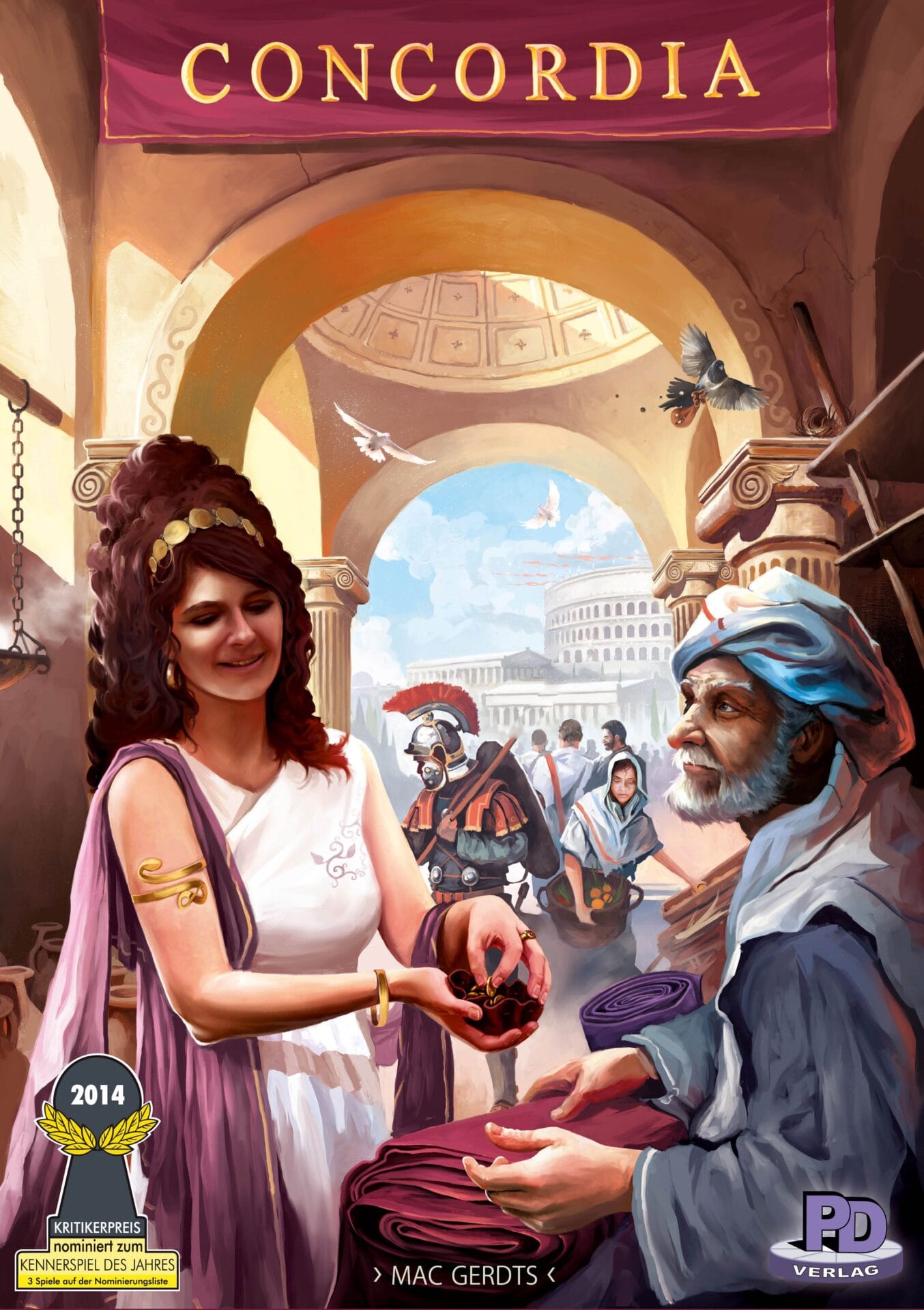
Here it is—the emperor of ancient strategy games. Concordia is elegant, brainy, and smooth like Roman marble. You play as merchants expanding across the empire, managing goods, cities, and the gods’ favor to outmaneuver your rivals in quiet, cutthroat competition.
The game is a card-based economy simulator, where every card you play serves multiple purposes: immediate action, long-term scoring, and strategic flexibility. There’s no combat, no chaos—just pure efficiency and planning. It’s the ultimate “quietly crush your enemies through spreadsheets” experience, and if you love economic games, Concordia is the GOAT.















